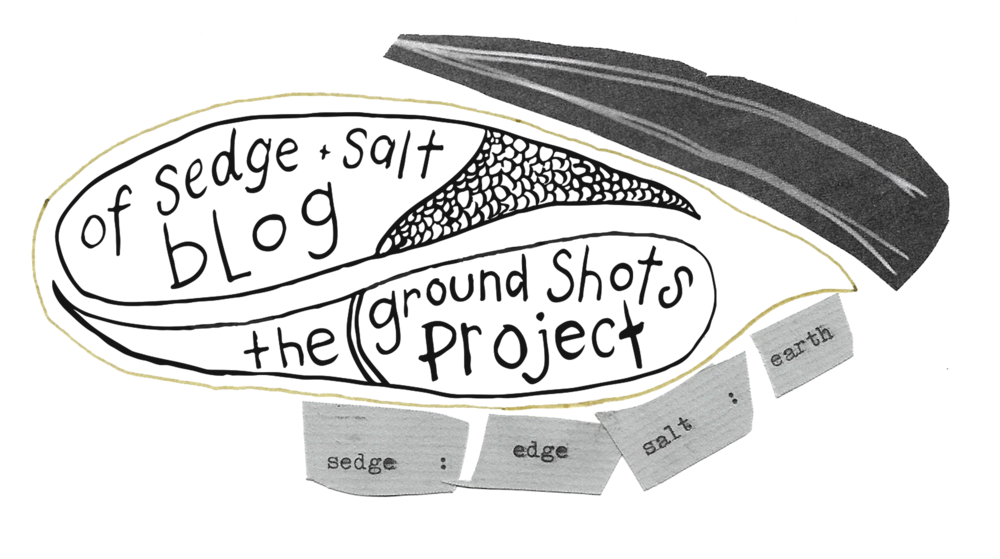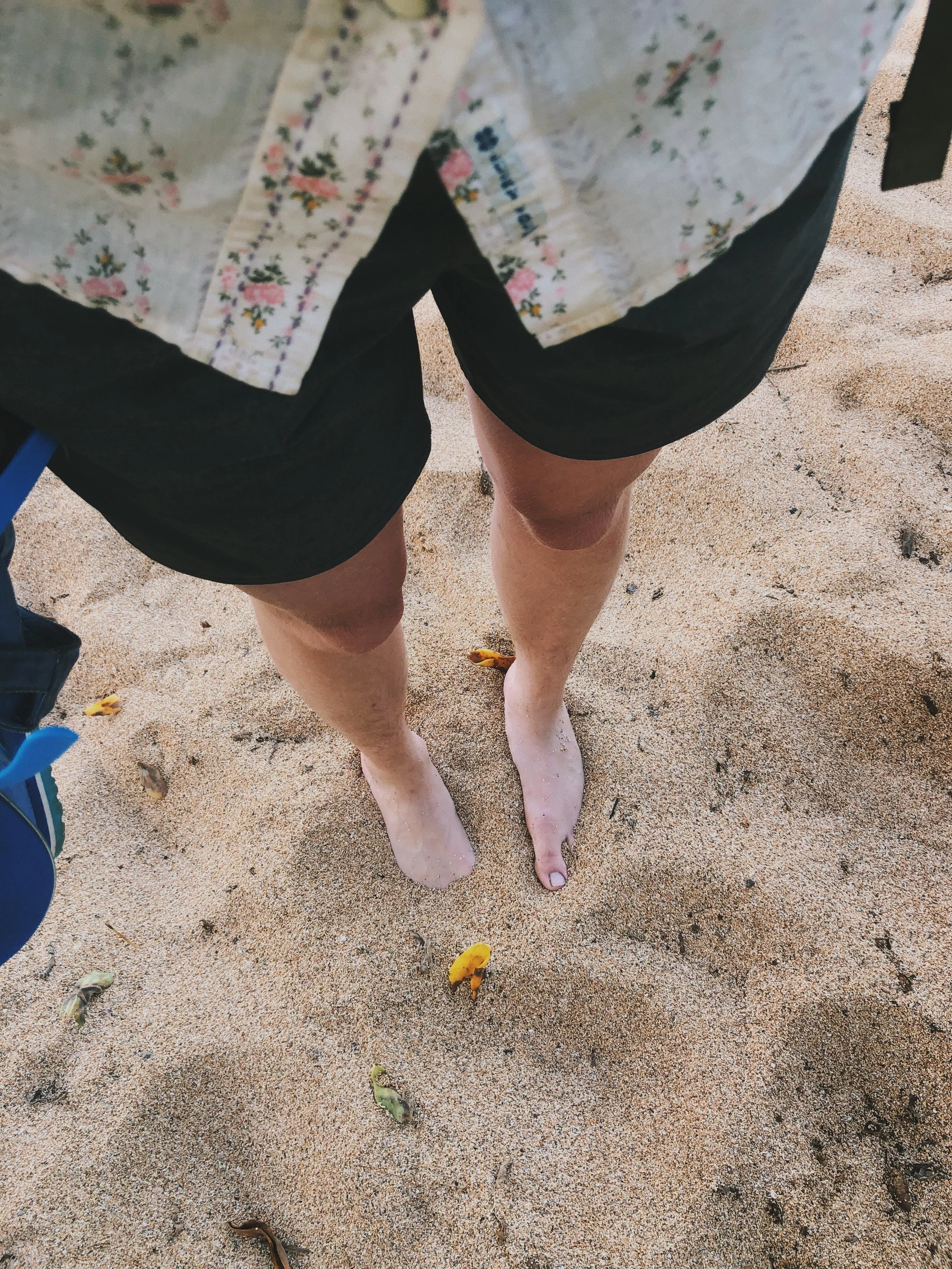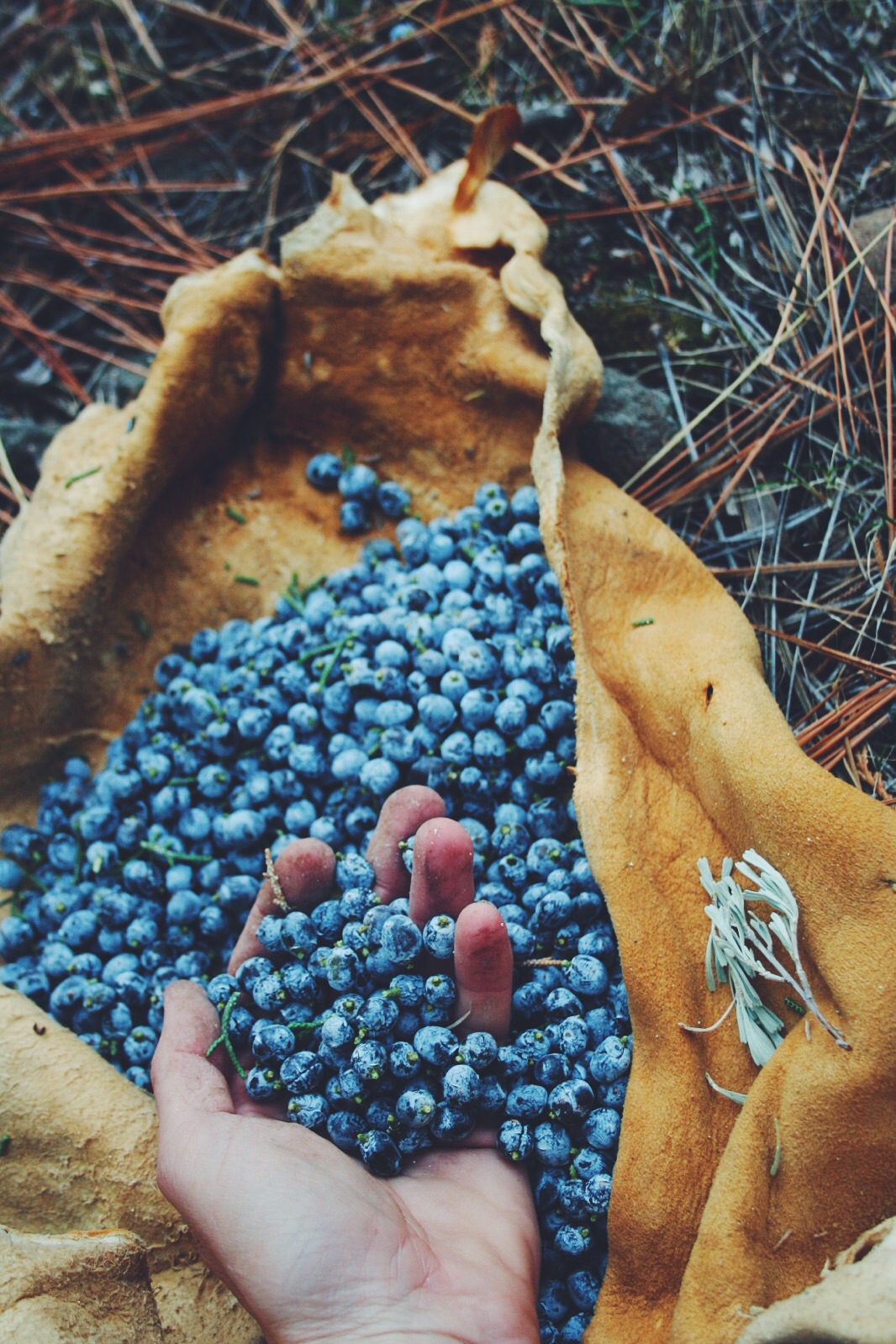The desert can be uncomfortable.
I'm from a place very tucked in, where the expanse only goes but so far. To be so exposed and out in the open is exhilarating and terrifying. It is what I've always liked about deserts. The challenge of the expanse. The relief of it too. The forced awe. You see yourself as a small thing among the miles of space, or incomprehensible 'void.' It is hard to be reminded of what we really are sometimes, especially if it is something we actively avoid, or rather our society trains us to actively avoid. Here, in the desert, you are just a spec of dust on the surface of things. Everything can hear you, or nothing can hear you. You can disappear so easily. Fry if you break down in the summertime, or freeze if you get lost in the winter. It is what white men called 'no man's land' a place they couldn't imagine any human wanting to live, and therefore meant they could do what they wanted with it, despite these lands being inhabited by native peoples for the longest time that we can't even fathom it. It's visiting or living in places like this that really drive home the 'we are a part of the land not separate from it' idea. When the land in front of you is more immediate, smaller in scope, contained and suppressed, I think it is easier to forget this sense of awe associated with 'seeing out there.'
The last time I came through here, I visited the Bristlecone Pines in Great Basin National Park. I won't have time to stop there this time, unfortunately, as I am trying to make it to the Good Medicine Confluence in Colorado on time.
I write this under solar powered lights, little gems of illumination under the darkest sky dotted with stars, as not a city exists for many miles. The loneliest highway, the call it. Route 50. Miles of not even a town. A mine or gas station is a welcome mile marker. It's just you and the raw feral land, the salt flats, the 20 mile vistas, the juniper pinyon mountain passes. The road stretches in front of you like a long snake slithering into the furtherst distance, the miles and time ahead totally visible.
I write this as feral donkeys make their obnoxious honk-honk sound outside my window. It sounds as if they are 10 feet away. I sit here wondering if they ever get in the hot springs. I wonder where they come from. I wonder if they want my food scraps. They are harmless. They just sound horrid, and are loud enough to wake you up in your sleep. The last time I was here, Ed and I truck camped in the same exact spot, and heard them right outside of the truck. Not a wolf, not a coyote, but a feral donkey.
The first time I ever came here was with my friend Hanah, after driving all night under a full moon. We arrived at 9 am half asleep to dip and take in the astounding silence.
What a wild place to end up. Hot sulfurous water rises up from the earth. For millennia humans have tended the seeps, and now on BLM land, the seeps are caught by cattle troughs and water basins. You drive up, park, and walk over to the troughs, and the steam comes off the caught water. People have taken care of them. There is a sun bleached wooden board across one side of the tub, meant to sit on, to get used to the natural heat. Then to slide in and dip in the wild hot waters of the American west. I didn't grow up knowing such a thing existed. Folks from the south often don't realize hot springs are really a thing as we don't have very many of them. To say it simply, these springs are the result of deep geothermal activity and the water escapes through cracks in the land. How sacred they must have been to people in the past: to have hot water without fire. People must have come for miles. Often the springs have beneficial minerals that absorb in the skin when soaking. Most of all, the shoulder and hip pain goes away. To sit in a tub and look out onto the void, life feels complete. All the stress of society feels 'over there' for a moment. It reminds you to reevaluate all that you think you need to do or what to do and what influences those thought and decisions. To see this land, to sit with these waters forces a prayers of thanks. It invokes feelings of wanting to vow to protect sacred places, somehow.
A week ago I was sleeping in my childhood bedroom after dinner with my mom, a shared glass of wine and talks of women connecting, of growing old. Now, I am the furthest from that comfort and familiarity. Here there are more plants than people, no human connection other than the loud thoughts in my own head. It feels like I am dreaming. It is as if the most familiar world with the layers of experience and memories where I was at home is a dream I just woke up from, or rather like I fell asleep into this world, and woke in a dream of the vast desert.
My camper is a cozy haven blocking the vata-aggravating winds, a cave of small light, of consistency in a nomad's life as I liken it to a turtle with a home on its back. From here I move onward traveling the vein of the lonely highway to end up at a gathering of friends and plant lovers in Durango. Sometimes moving between all these worlds is too much, sometimes it is the best life ever. Contrasting times of immense solitude and focused community. I am grateful.
























































